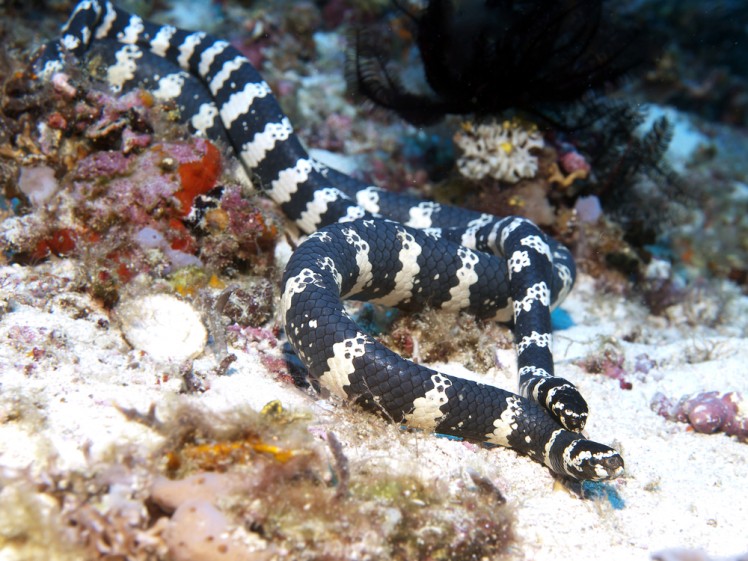
A couple of years ago, Bill Gates published on his blog a list of 10 of the most dangerous animals in the world, which was as informative as it was surprising. Topping the list were mosquitoes, killing about 725,00 people every year. Presumably, most people were expecting sharks to take the lead on this but in fact, death by sharks is reported to be at just 10 people per year. You can take a look at the infographic of this list on his blog, Gates Notes, or at the bottom of this article.
Bringing the focus to Malaysia, this country is home to some dangerous animals as well, be it in the jungle or in urban settings. So it’s a good idea to know a little more about the creatures you should watch out for in this country.
1. Mosquitoes
Dengue is a major health issue in Malaysia, having the highest incidence rates of all communicable diseases in the country. In their biweekly dengue situation updates, World Health Organisation (WHO), stated that as of 2015, there were 111,285 cases of dengue reported in Malaysia.
What to look out for?
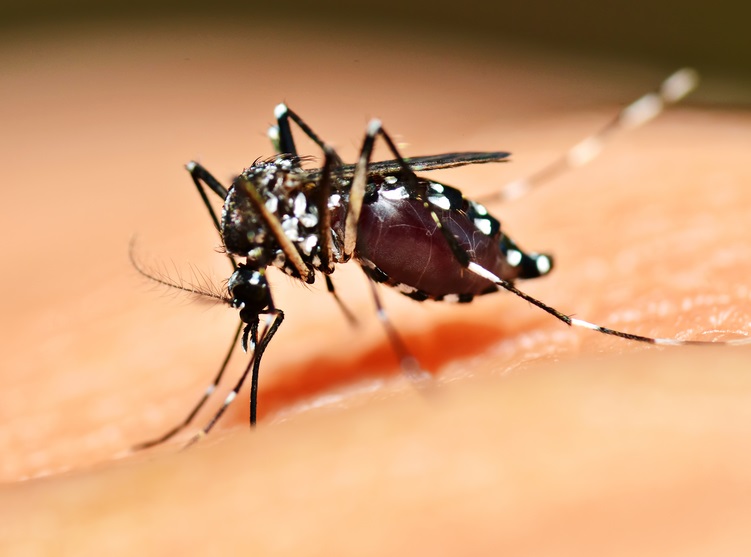 Dengue is transmitted via the bite of the female aedes aegypti mosquito. This species of mosquitoes are small and dark, with white bands on its legs.
Dengue is transmitted via the bite of the female aedes aegypti mosquito. This species of mosquitoes are small and dark, with white bands on its legs.
If you’ve been bitten by a mosquito but you’re unsure if it’s the aedes aegypti, the symptoms of dengue that you should look out for are high fever, severe headache, severe pain behind the eyes, joint pain, muscle and bone pain, rash, and mild bleeding; for example, nose or gums bleed, easy bruising.
Protect yourself
Aedes aegypti breeds in water that’s stagnant and in cool, dark areas. So all you have to do to reduce the risk of dengue is make sure there aren’t any places in your house that could possibly retain an amount of water. If you can’t avoid it, such as in potting plates for plants, you can instead just make sure to clean them out every few weeks to throw out any possible larvae.
As an extra precaution, you could also install screens on your doors and windows to keep mosquitoes out, and use mosquito netting to protect you while you sleep.
And when you go out, you can use insect repellents like lemon eucaplyptus oil which works well to repel mosquitoes. Make sure to only apply the repellent on exposed skin.
2. Snake
Another dangerous animal to watch out for is snakes. Malaysia is home to a number of dangerous species of snakes, such as the Malayan Pit Viper, and Malayan Cobra, Beaked Sea Snake, and Python.
What to look out for?
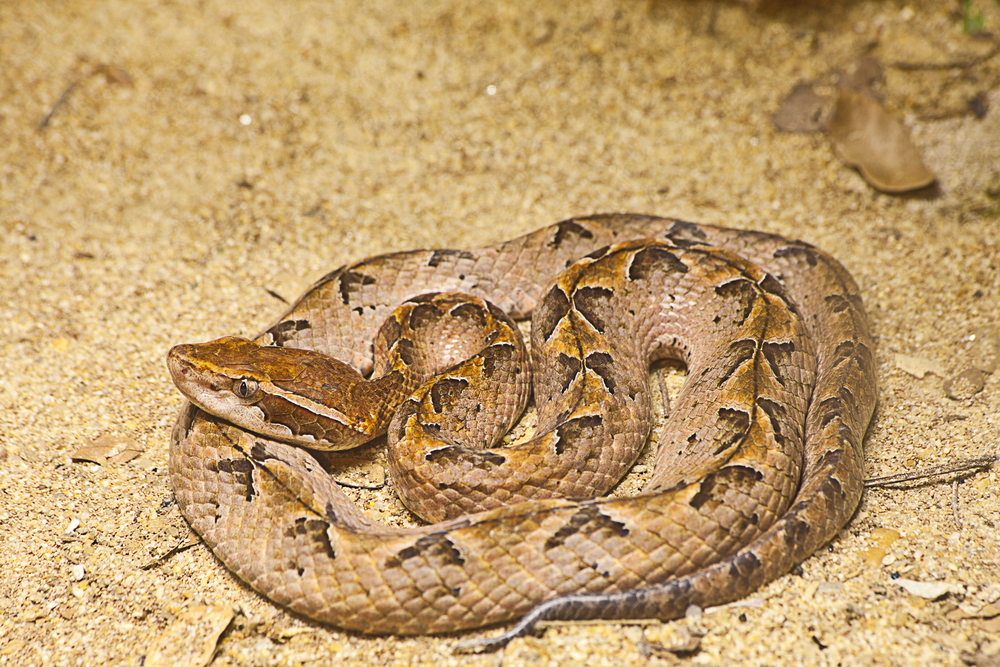
The Malayan pit viper is mostly found in Kedah, Penang, and Perlis, while the Malayan Cobra is found throughout most of Peninsular Malaysia. Both these species of snakes are venomous, but anti-venom can be found in some hospitals around Malaysia.
Pythons are not venomous but they are strong. Generally, pythons aren’t aggressive either so if you do spot one, just give it some space and you’ll be just fine.
Protect yourself
The National Poison Centre of Malaysia has a 24-hour Poison Information and Consultation helpline that you could call if you ever need to find out more about snake bites and venom.
Info: 1-800-88-8099 (Mon–Fri, 8am -5pm), 012-4309499 (after office hours, including weekends and public holidays) www.prn.usm.my
Toxinology expert, University Malaya Professor Tan Nget Hong suggests that the most important thing you should of if you or someone else is has been bitten by a snake is to remain as still as possible, do not suck the venom out and if possible, identify the snake. Anyone who has been bitten should seek immediate treatment at a hospital.
3. Spiders
In 2009, a checklist of spiders in Peninsular Malaysia was published by the National University of Singapore which included a staggering 425 species of spiders, including tarantulas, huntsman, widow and wolf spiders.
Since then, scientists have also found another species in Malaysia, the brown widow spider. It’s worth knowing that although most spiders are venomous, not all of them are harmful to humans.
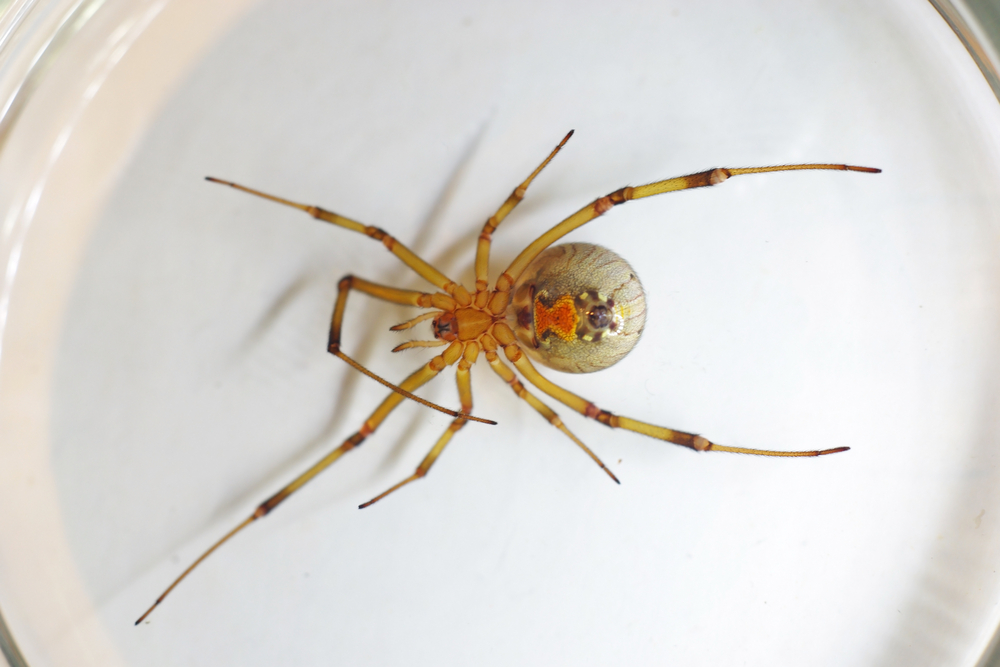
What to look out for?
Spiders can be tough to spot since most of them are quite small. If you’re in the city, you probably won’t find any wild tarantulas or brown widows. If you’re in the jungle, keep an eye out for cobwebs and give them a wide berth.
Protect yourself
The simplest way to protect yourself from spiders would be to keep your house clean and free of cobwebs.
Also, if you’ve been bitten and the bite starts to hurt or itch, visit a doctor as soon as you can. It’s helpful if you can identify the species of spider so that the doctor can sort out the best treatment for you.
4. Monkeys
You should also probably watch out for monkeys, especially near hills and small jungles, and even at outdoor tourist attractions.
What to look out for?
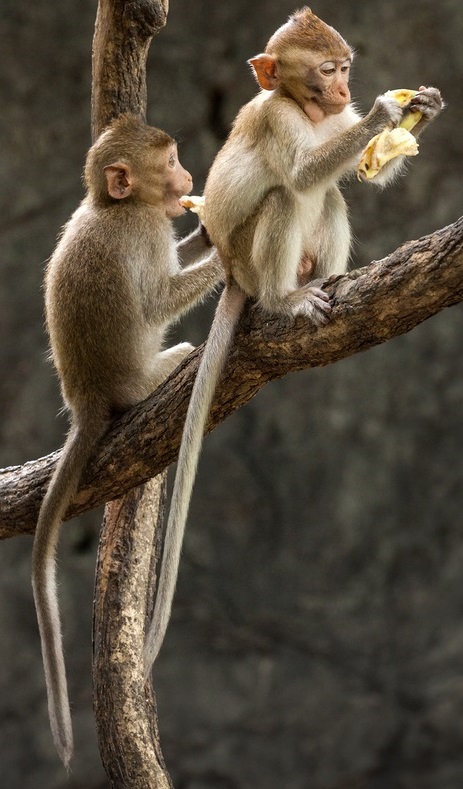 The most dominant species of monkey in Malaysia is the long-tailed macaque, also known as crab-eating macaque because of their love of crabs.
The most dominant species of monkey in Malaysia is the long-tailed macaque, also known as crab-eating macaque because of their love of crabs.
You can find them pretty much everywhere, but more so in places like Batu Caves and Bukit Melawati, both popular attractions to locals and tourists alike.
Long-tail macaques are actually quite mischievous and they will snatch food and drinks from people who are just walking around.
Malaysia is also home to the silver-leafed monkey which is so named because of their silverish coat of fur.
These monkeys are a little gentler compared to the long-tailed macaques .
You can feed the silver-leafed monkeys bread and nuts at Bukit Melawati, where you can find them just hanging around.
Protect yourself
With monkeys, the best thing to do is to not provoke them. If you leave them alone, they will leave you alone. Monkeys can be quite playful and mischievous, as well as territorial, so it would be best to make sure you stay away from them. If they approach you, make it clear you are not there to invade their space.
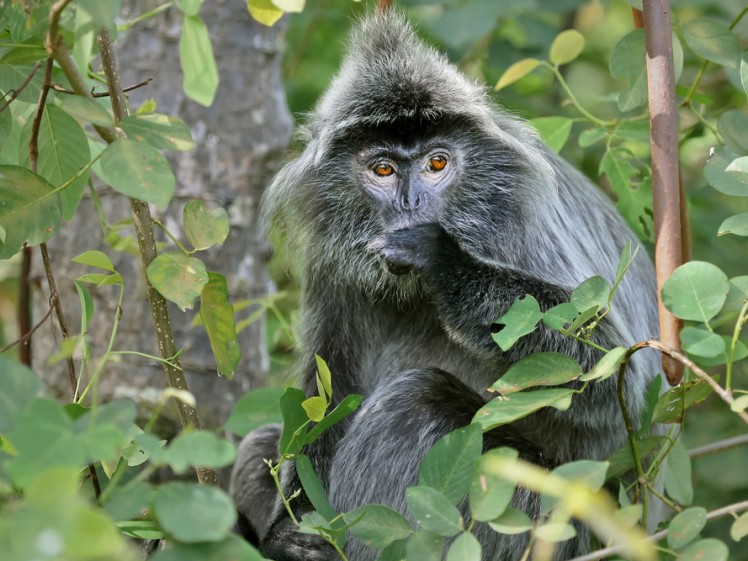
Now that you know a little more about some of the dangerous animals in Malaysia, you know what to expect if you see any of these creatures out in the wild. Remember, animals are only a threat to you when they feel threatened by you.
The World’s Deadliest Animals: the Infographic
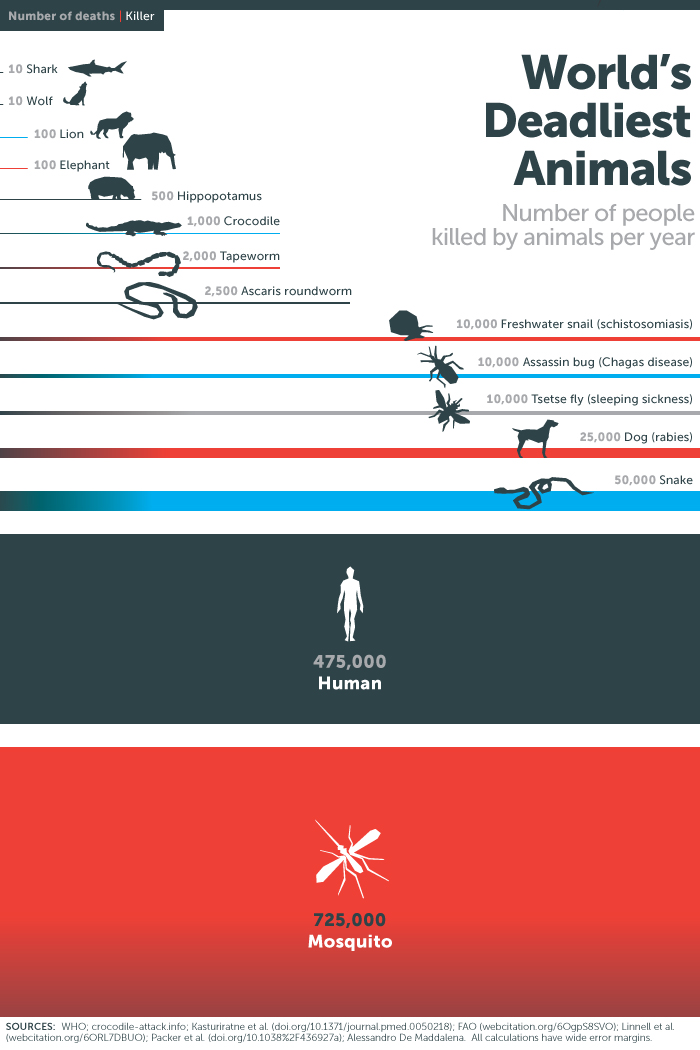
"ExpatGo welcomes and encourages comments, input, and divergent opinions. However, we kindly request that you use suitable language in your comments, and refrain from any sort of personal attack, hate speech, or disparaging rhetoric. Comments not in line with this are subject to removal from the site. "





















This is a rubbish article. Misleading. Watch out for mosquitoes (any time, anywhere) and snakes (only if you are walking in a grassy/forested areas) yes. The rest like spiders, monkeys is misleading. As a rule, you should be alert and vigilant about any animals, insects, some plants. I have been in and out of the forest for years and I’m glad I hadn’t read such articles until now. Please get your facts right.
Which facts are wrong Ivan?
Thanx!!! Interesting.